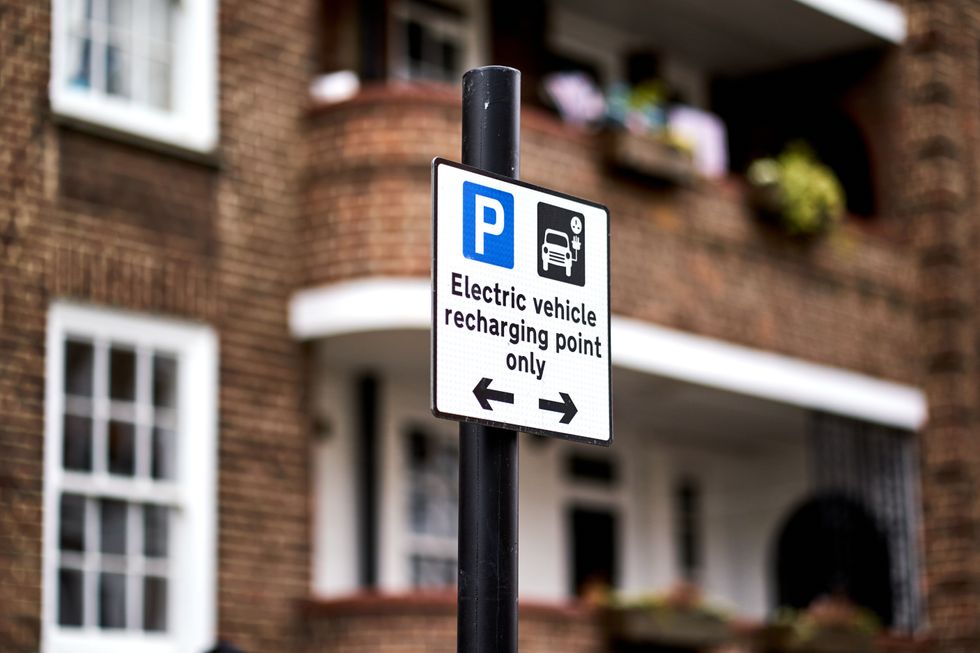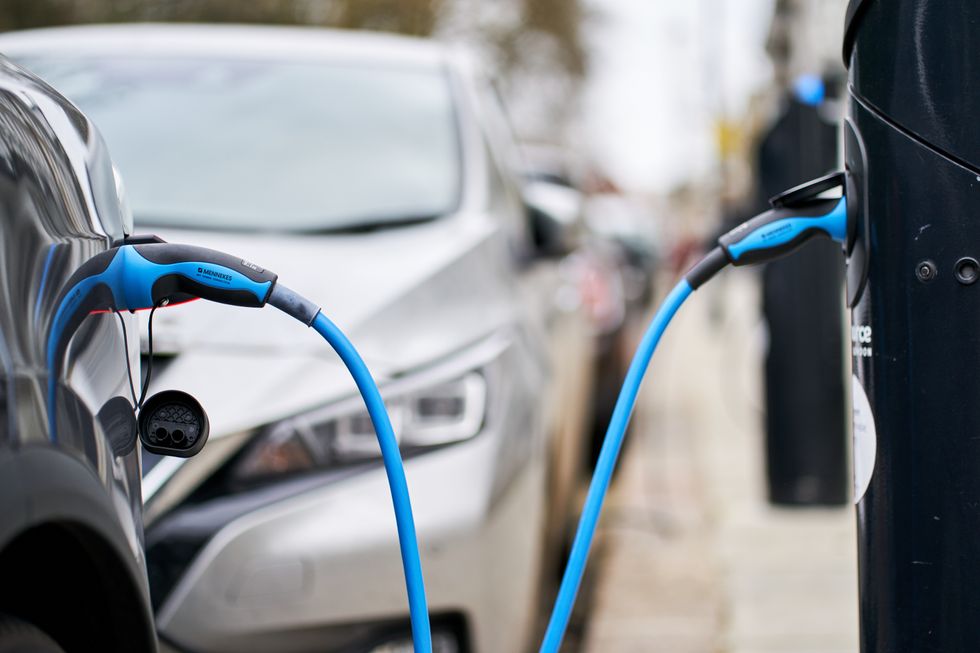Hemma Visavadia
Guest Reporter

Electric vehicle breakdowns due to running out of charge have hit their lowest ever level in the UK, dropping to less than two per cent, according to a new report.
The figures, revealed at the Transport + Energy Forum at Warwick University, show that out-of-charge incidents now account for just 1.85 per cent of EV-related breakdowns.
This marks a significant improvement from 2023, when the rolling 12-month figure stood at 2.26 per cent.
The AA attributed this decline to several factors, including new battery technology, better range, improved charging performance and reliability, charge post support and enhanced driver and dealer knowledge.
Do you have a story you'd like to share? Get in touch by emailing [email protected]

The trend mirrors similar patterns seen in Norway, which has Europe's highest EV adoption rate. The decline in out-of-charge breakdowns represents a dramatic shift from 2015, when 8.26 per cent of EV breakdowns were due to depleted batteries.
Data from the AA shows a consistent downward trend over the past decade, with only minor increases recorded in 2017 and 2019.
The proportion dropped from 7.12 per cent in 2016 to 6.83 per cent in 2018, before falling more sharply to 4.89 per cent in 2020.
Recent years have seen even more substantial improvements, with figures declining to 4.28 per cent in 2021 and 3.72 per cent in 2022.
The AA expects these numbers to eventually match those of conventional vehicles, with a target of around one per cent - similar to the proportion of petrol and diesel cars running out of fuel.
This 80 per cent reduction in out-of-charge incidents over eight years demonstrates significant progress in EV reliability and infrastructure.
The AA handles approximately 8,000 breakdowns across all vehicle categories each day, with only five or six cases involving out-of-charge electric vehicles.
Many of these cases aren't completely depleted vehicles, but rather those low on charge or experiencing technical difficulties in reaching the next charging point.
The breakdown service has found that the top 30 per cent of EV faults mirror those of conventional vehicles, primarily involving tyres, wheels and the 12V battery.
This data suggests that EVs are becoming increasingly reliable, with charging-related issues representing only a small fraction of overall breakdowns. The similarity in common faults between EVs and traditional vehicles indicates that electric cars are experiencing many of the same routine maintenance issues as their petrol and diesel counterparts.
Edmund King, AA president, said: "The AA's latest figures show that less than two per cent of EV breakdowns are for out of charge which suggests range anxiety should be a thing of the past.
"Many of the out of charge breakdowns aren't on zero charge but are either low on charge or experiencing technical problems such as the vehicle charge point covers sticking.”
LATEST DEVELOPMENTS:
- WATCH NOW: Footage reveals drivers endangering British bin workers - ‘Simply unacceptable’
- Drivers warned of rise in car thefts over Christmas period with millions at risk
- Storm Bert causes major A-roads and motorways to delay as winds reach 70mph - 'It's dangerous!'

King highlighted that the dramatic reduction in charging-related incidents over eight years can be attributed to multiple factors. These include "an increase in the number of chargers and their reliability; better charge post support for customers; improved range on newer EVs; and better driver education and information."
For those able to charge at home, King described the economics and savings as "a no-brainer." However, the AA acknowledges that many drivers remain uncertain about EV ownership.
"Many drivers are excited about the technology that EVs offer but are still unsure about what it takes to own, charge and live with one," King noted.
Find Out More...
